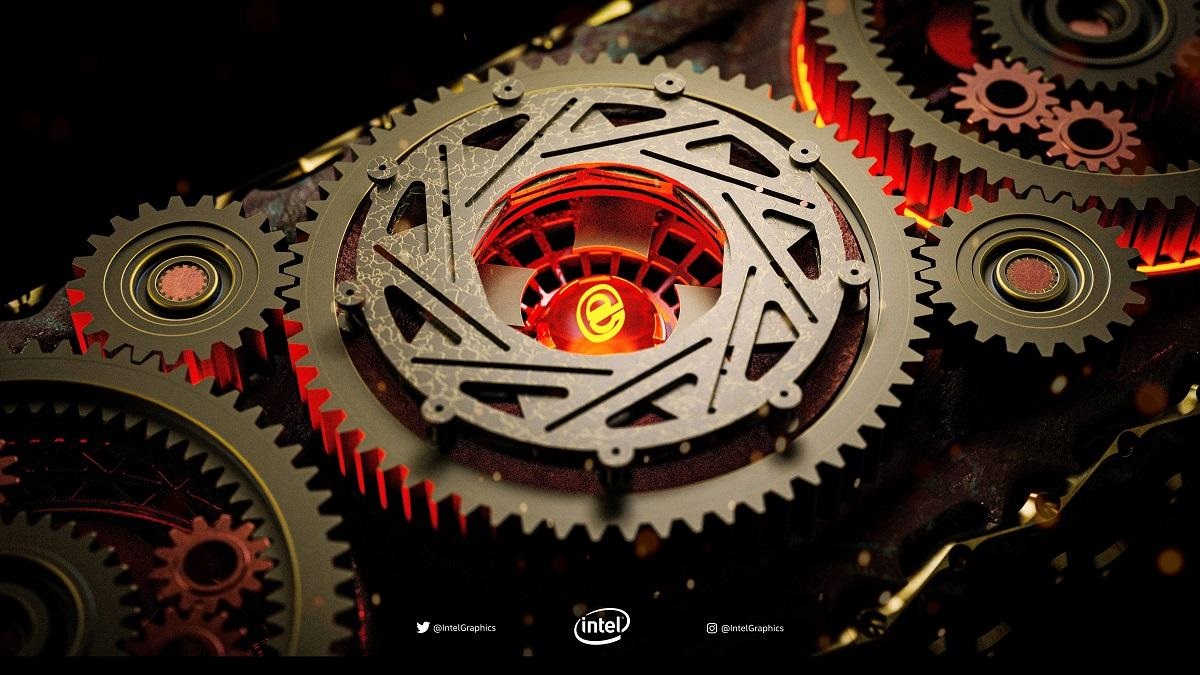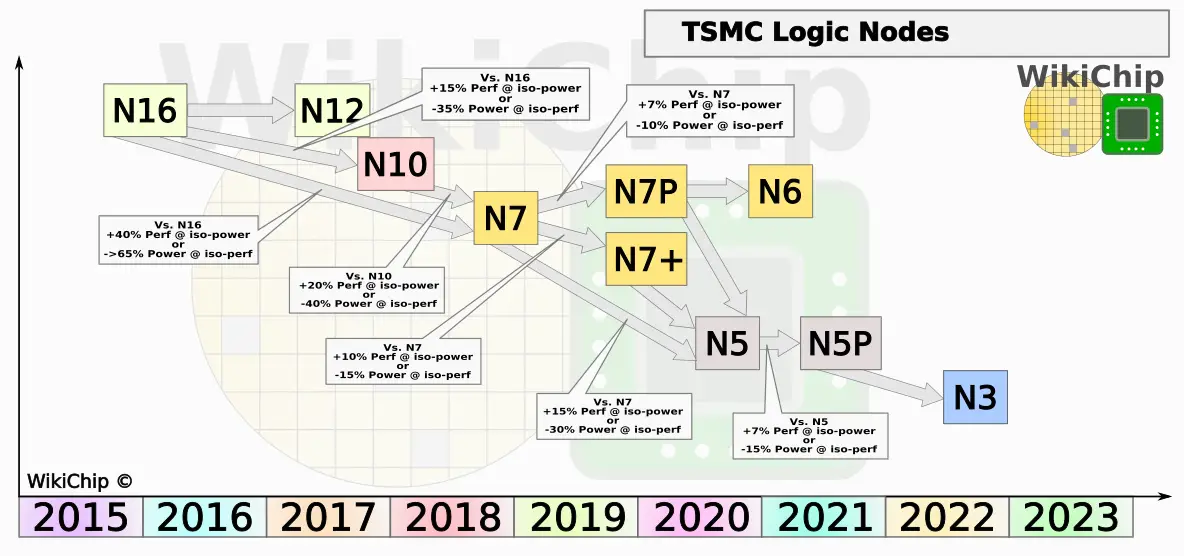Normally I don't like to post from WCCF but this is mainly quotes from the intel CEO at a technology conference and they appear to be the only one who got some form of a transcript out so here is the link:

 wccftech.com
wccftech.com
Interesting that Swan is trying to change Intel's internal culture in regards to market domination but I'm not sure his viewpoint is clear? I mean the 90% remark seems only appropriate for x86 or maybe desktop/server/laptop at this point in time so I guess he's saying that he's trying to refocus the company on the most lucrative markets they can be the leader in rather than try to dominate every market? Or it could read that he wants to change the mindset of dominating the traditional x86 type market and focus more on new markets (e.g. AI, GPUs) where they can expand their TAM and increase their overall market presence/leadership.
Not much there except re-stating what I think we already knew. Some sites I've seen have taken this as their first 7nm CPUs will ship in 4Q21 but according to this quote, he just says product which was already expected to be a GPU if I am remembering correctly.

Intel CEO Wants To Destroy The Thinking About Having 90% Share In CPU Market, Talks 10nm Problems, 7nm Roadmap And More
Just like AMD, Intel also presented at the annual Credit Suisse technology conference and Bob Swan, Intel's CEO, had some very interesting thoughts to share about his vision for Intel. For what I believe is the first time, Bob frankly admitted that he is no longer interested in chasing a...
"We think about having 30% share in a $230 [silicon] TAM that we think is going to grow to $300B [silicon] TAM over the next 4 years, and frankly, I'm trying to destroy the thinking about having 90% share inside our company because, I think it limits our thinking, I think we miss technology transitions. we miss opportunities because we're, in some ways pre-occupied with protecting 90, instead of seeing a much bigger market with much more innovation going on, both Inside our four walls, and outside our four walls, so we come to work in the morning with a 30% share, with every expectation over the next several years, that we will play a larger and larger role in our customers success, and that doesn't just an CPUs.
Interesting that Swan is trying to change Intel's internal culture in regards to market domination but I'm not sure his viewpoint is clear? I mean the 90% remark seems only appropriate for x86 or maybe desktop/server/laptop at this point in time so I guess he's saying that he's trying to refocus the company on the most lucrative markets they can be the leader in rather than try to dominate every market? Or it could read that he wants to change the mindset of dominating the traditional x86 type market and focus more on new markets (e.g. AI, GPUs) where they can expand their TAM and increase their overall market presence/leadership.
Secondly, we're not going to try to do 2.4 scaling or 2.7 scaling as we think about 7 nm, you know, we put 2.0 back in line with historical trends as we think about 5nm, which would be our competitors 3 nanometer... Our first 7nm product [arrives] in the fourth quarter of 2021
Not much there except re-stating what I think we already knew. Some sites I've seen have taken this as their first 7nm CPUs will ship in 4Q21 but according to this quote, he just says product which was already expected to be a GPU if I am remembering correctly.




